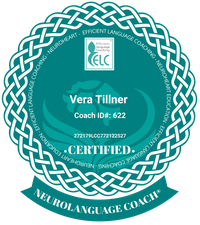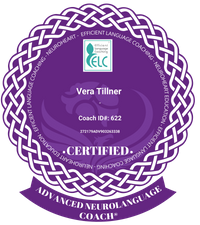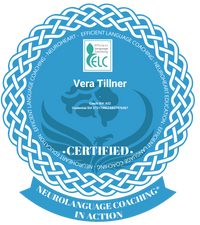Suchen
Kategorien
2025-05-08
Stress Kills Language — Movement Revives It
Have you ever found yourself at a loss for words during a high-pressure meeting or presentation? It’s not uncommon. Stress can significantly impair our ability to communicate effectively, especially in situations requiring fluency and clarity.
The Impact of Stress on Language
When we’re under pressure, our brain switches to survival mode. The stress hormone cortisol floods our system, disrupting cognitive functions and shifting resources away from the brain regions responsible for language.
According to a study in *Hormones and Behavior*, acute stress reduces speech fluency, leading to more pauses and increased difficulty with word retrieval. This is particularly noticeable during tasks requiring verbal expression—like presentations, interviews, or public speaking (https://www.sciencedirect.com/science/article/abs/pii/S0301051114000441).
Further research published in *Nature Scientific Reports* shows how elevated cortisol can impair the hippocampus and prefrontal cortex—two areas essential for memory and language processing (https://www.nature.com/articles/s41598-018-26890-8).
This means that in stressful moments, it’s not just nerves. Your brain is literally less capable of finding the words you need.
The Vagus Nerve: Speech’s Silent Partner
Another lesser-known player in stress-related speech breakdown is the vagus nerve—a cranial nerve that connects the brainstem to the body and regulates key functions like breathing, heart rate, and vocalization.
The vagus nerve’s recurrent and superior laryngeal branches directly innervate the larynx and vocal cords, making it essential for speaking. When vagal tone is low—often due to chronic or acute stress—voice control, clarity, and breath support can deteriorate.
Encouragingly, movement-based and breathing practices are shown to stimulate the vagus nerve and improve these functions. A 2015 study found that non-invasive vagus nerve stimulation enhanced auditory processing and language learning (https://www.ncbi.nlm.nih.gov/pmc/articles/PMC4461522/). Practices like gentle aerobic activity, yoga, singing, and breathwork help activate this nerve naturally.
Movement as a Catalyst for Language Revival
A 2021 study in *Neuroscience* found that physical activity during vocabulary learning improved recall (https://www.ncbi.nlm.nih.gov/pmc/articles/PMC6527141/). Participants who walked while learning performed better than those who remained still.
In older adults, research reported by Bioengineer.org showed that improving physical fitness boosted language comprehension—by as much as 7% in recognizing spoken words faster (https://bioengineer.org/enhancing-physical-fitness-enhances-language-comprehension-in-older-adults/).
This effect is amplified in synchronized movement, like group dance, which mimics how neurons fire in rhythm. Check out my previous blog post for more information.
Practical Tips to Enhance Communication
Before your next presentation or high-stakes conversation, try these simple science-backed strategies:
- Physical Warm-Up: Take a brisk walk or do light dancing for 10–15 minutes. This lowers cortisol and primes the brain.
- Breathing Reset: Try a 4–4–6 breath pattern: inhale for 4, hold for 4, exhale for 6. Repeat 3–4 times to stimulate the vagus nerve and calm your nervous system.
- Mindful Movement: Gentle stretching, yoga, or even humming can activate vagal tone, improve posture, and enhance vocal control.
Conclusion: Unlocking Language Starts with the Body
Your ability to speak isn’t just in your brain—it’s in your whole nervous system. When stress shuts down speech, movement brings it back. Next time you feel your words freeze, try this: move, breathe, and let the rhythm reset you.
Your voice is in there. Movement helps it come out.
Admin - 11:40:19 | Kommentar hinzufügen








Kommentar hinzufügen
Die Felder Name und Kommentar sind Pflichtfelder.